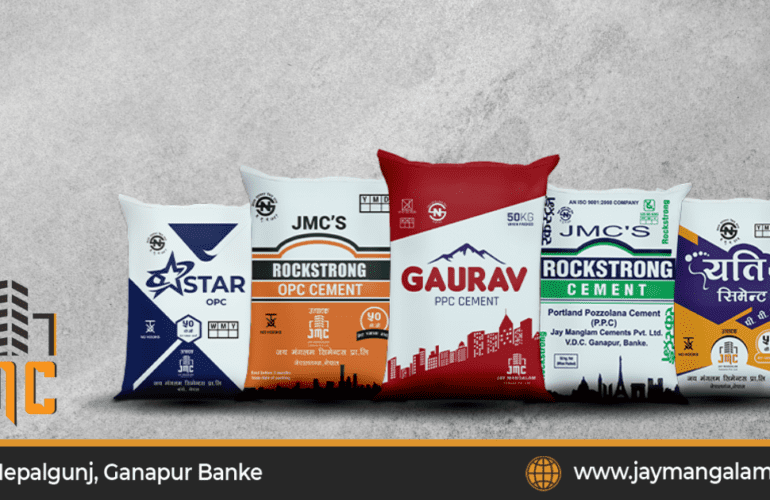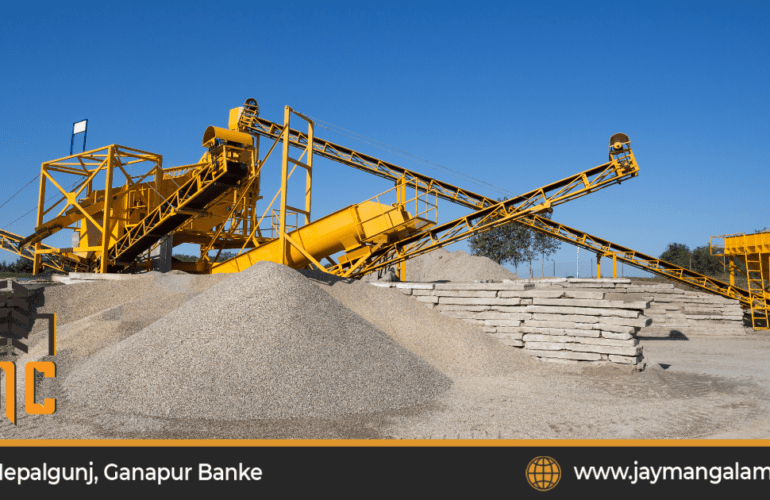In construction projects, selecting the right type of cement is crucial for ensuring durability, strength, and overall project success. With various types of cement available in the market, understanding their differences and applications is essential. In this article, we will delve into the world of cement types, explore their applications, and provide valuable insights to help you make informed decisions for your specific construction needs.
Types of Cement and Their Applications:
Portland Cement:
Portland cement is the most widely used type of cement in the construction industry. It is commonly used for general-purpose applications such as residential and commercial buildings, bridges, pavements, and foundations. Its versatility, durability, and ability to harden underwater make it suitable for various projects.
Blended Cement:
Blended cement combines Portland cement and supplementary cementitious materials such as fly ash, slag, or silica fume. This type of cement offers improved workability, reduced heat generation, and enhanced resistance to chemical attacks. It is commonly used in mass concrete construction, high-rise buildings, and infrastructure projects.
Rapid Hardening Cement:
As the name suggests, rapid-hardening cement achieves strength development at an accelerated rate compared to other types of cement. It is ideal for projects that require quick turnaround times, repairs, or precast concrete elements. This type of cement is commonly used in road repairs, bridge construction, and where early strength gain is critical.
Sulphate Resistant Cement:
Sulfate-resistant cement is designed to withstand exposure to sulfate-rich environments, such as areas with high groundwater sulfate content or coastal regions. It is commonly used in marine structures, sewage treatment plants, and foundation works in sulfate-rich soils.
White Cement:
White cement is known for its aesthetic appeal and is primarily used for decorative purposes. Its high whiteness and ability to be tinted make it suitable for architectural designs, terrazzo flooring, and decorative precast concrete elements.
Applications of Cement:
Building Construction: Cement is extensively used in constructing residential, commercial, and industrial buildings. It provides the foundation and structural integrity for walls, beams, columns, and slabs.
Infrastructure Development: Cement plays a vital role in infrastructure projects such as bridges, roads, tunnels, dams, and airports. Its strength and durability ensure the longevity of these structures.
Concrete Production: Cement is a key component in concrete production. It binds aggregates such as sand and gravel, creating a solid and durable material for various construction applications.
Precast Concrete: Many construction components, including precast beams, panels, and pipes, are manufactured using cement. Precast concrete offers efficiency, quality control, and faster construction times.
Repair and Maintenance: Cement-based materials are widely used in repair and maintenance projects, including patching cracks, resurfacing damaged concrete, and stabilizing foundations.
Conclusion:
Understanding the different types of cement and their applications is crucial for selecting the right material for your construction projects. Whether you’re building a residential house, a massive infrastructure project, or working on repairs and maintenance, choosing the appropriate cement type will ensure optimal strength, durability, and performance results. Jay Mangalam Cements offers a wide range of high-quality cement products suitable for various applications, empowering you to build confidence and achieve long-lasting success.
Remember, consulting with experts and considering specific project requirements will further aid in making informed decisions regarding cement selection. Embrace the versatility and reliability of different cement types, and let your construction projects flourish with the right foundation.







